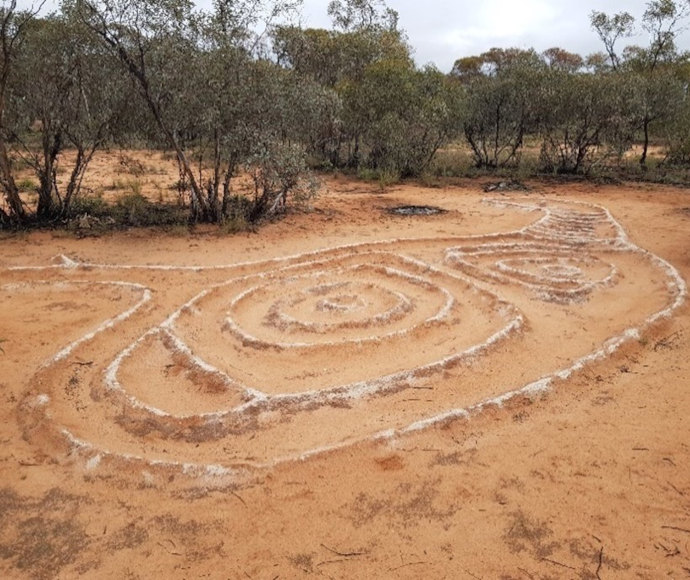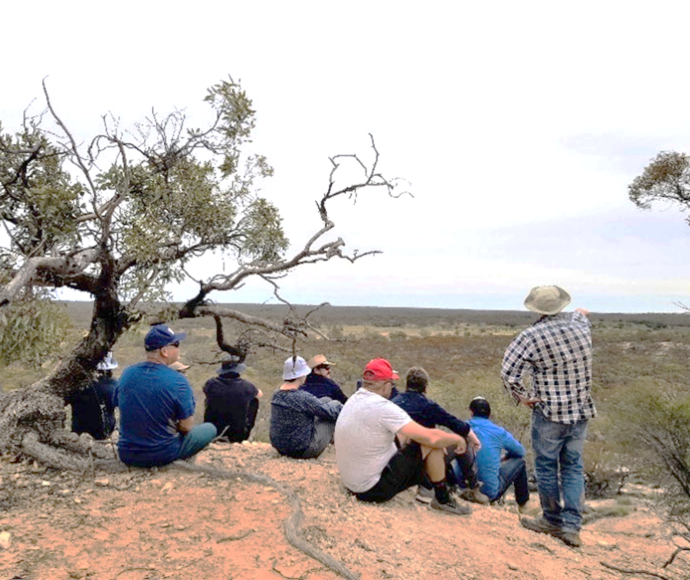International
The United Nations Declaration on the Rights of Indigenous Peoples (PDF 151KB) (UNDRIP), specifically Article 26, acknowledges Indigenous peoples' rights to the lands, territories, and resources they traditionally owned or used.
New South Wales
In New South Wales, the Water Management Act 2000 recognises the rights and interests of Aboriginal people in relation to water. It:
- refers to the need for Aboriginal participation in water planning and management processes
- requires the consideration of Aboriginal cultural values and customary practices when making decisions about water allocation and management
- promotes the involvement of Aboriginal people in water sharing plans and water resource plans.
The NSW Water Strategy, developed by the NSW Government, prioritises the recognition of Aboriginal people's rights and values, as well as increased access to and ownership of water for cultural and economic purposes.
Priority 2 is to recognise First Nations/Aboriginal people’s rights and values and increase access to and ownership of water for cultural and economic purposes.
These commitments demonstrate a growing recognition of the importance of Aboriginal people's cultural and spiritual connection to water resources and their involvement in water management decision-making processes.
Commonwealth legislation
At the Commonwealth level, the Water Act 2007 establishes a framework for managing water resources in Australia. The Act recognises the cultural, social, and economic importance of water to Aboriginal and Torres Strait Islander peoples. It aims to ensure that their rights and interests in water resources are protected and respected. The Act requires the consideration of Aboriginal cultural values and knowledge in water planning and decision-making processes.
The NSW and Commonwealth legislation acknowledge the significance of Aboriginal people's connection to water and seek to involve them in water management to respect their rights and interests. These legislative requirements aim to promote sustainable water use while respecting the cultural heritage and rights of Aboriginal communities.
In the context of the Murray–Darling Basin Plan, which was enacted in November 2012, Clause 10.54 mandates the inclusion of Indigenous people's perspectives on cultural flows in Water Resource Plans. The Murray–Darling Basin Plan Commitments Package, launched by the Australian Government in May 2018, includes initiatives to improve outcomes for Indigenous people and address social and economic impacts in the Murray–Darling Basin. Commitment 3 specifically focuses on considering Indigenous values and uses in the development of environmental watering plans.

